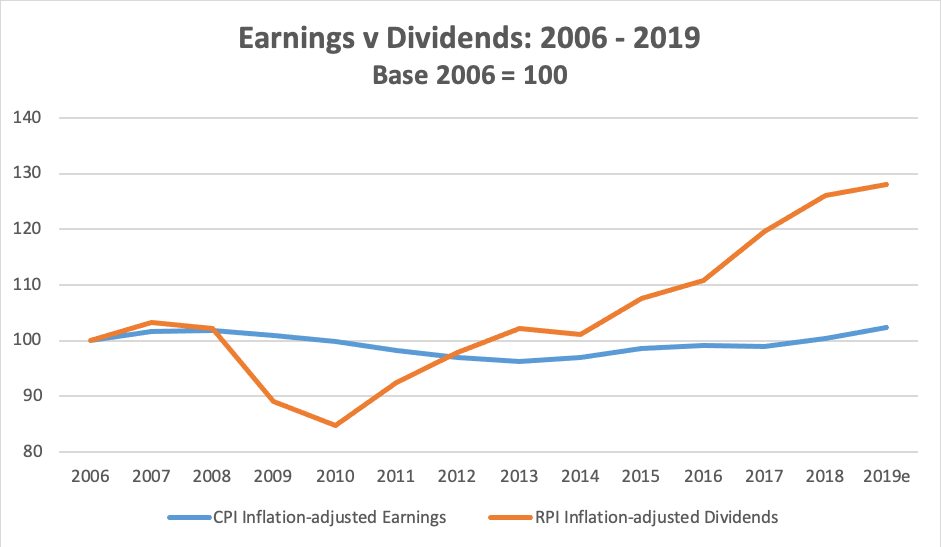How much has your income increased over the last year? The latest data from…

Using trusts when investing for children
Many investment strategies for children will, or should, involve a trust. Sometimes, there will be an implicit trust that has arisen through the operation of the law (for example, where funds have been paid over to a parent or other adult on the condition that they will be used to benefit the child). In other cases, the donor may want to expressly create a trust for the child – either for tax reasons or to benefit from the additional flexibility and control that trusts can offer. The question then arises as to what type of trust should be established. This will depend on the rights it is intended to confer on the beneficiary, how much flexibility is to be retained, the importance of the any tax considerations (for example, where the settlor is the parent of a minor, unmarried child not in a civil partnership) and what the underlying investment is to be.
Generally, one of three types of trust can be appropriate. These are:
- An absolute (bare) trust;
- An interest in possession trust with power of appointment (sometimes referred to as a flexible trust); or
- A discretionary trust.
Where there is a desire to optimise the CGT position on investments for children, a bare (absolute) trust will often be considered. The advantage is that all capital gains are taxed as the child’s with the benefit of a full CGT annual exempt amount, but a significant downside is that the child can demand the trust fund to be paid to him/ her once he/ she attains age 18 (16 in Scotland).
This will not be an attractive proposition for many donors, especially where larger sums are involved that they would not want the child to be able to access at such a young age, and the potential for continued control and flexibility will often outweigh any CGT and/ or income tax advantages. The alternatives, a discretionary trust or a flexible interest in possession trust, with a trustee CGT annual exempt amount (at one half the individual exemption) even in cases where the settlor´s minor, unmarried children can benefit, may not be so detrimental. It will all depend on the facts – especially the level of anticipated gains and income.
The choice of an appropriate trust will depend on the circumstances and objectives – all advisers should know about trusts and their tax treatment before advising on this.
Action:
If you are interested in advance funding for university costs, a JISA, NISA and/or unit trust/OEICs savings plans can be a tremendous benefit. As always get good qualified advice.
Past performance is not a reliable guide to the future. The value of investments and the income from them can go down as well as up. The value of tax reliefs depend upon individual circumstances and tax rules may change. The FSA does not regulate tax advice. This newsletter is provided strictly for general consideration only and is based on our understanding of law and HM Revenue & Customs practice as at January 2011 and the contents of the 2010 Comprehensive Spending Review. No action must be taken or refrained from based on its contents alone. Accordingly, no responsibility can be assumed for any loss occasioned in connection with the content hereof and any such action or inaction.
November 2017


